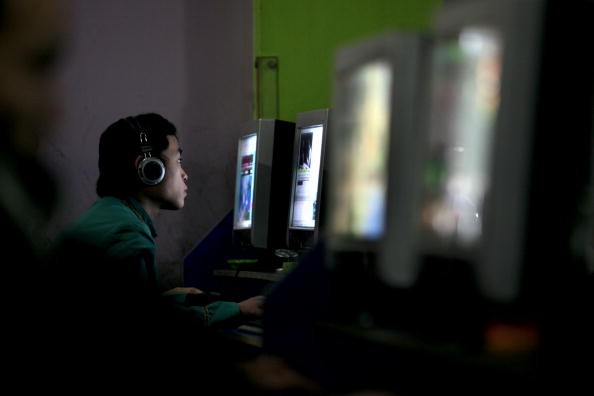The Beijing Administration of Cyberspace shut down a number of online news portals on July 24, citing an article in the "Provisions on the Administration of Internet News Information Services," the Global Times reported.
Managed by major Internet giants, the news portals that were taken down are known for publishing online articles tackling social and political issues. Some of these are "Geek News" (run by Sina) and "People in News" (run by Sohu). Mobile applications and WeChat accounts of these banned programs were also closed down.
At hindsight, this move by the Beijing Administration of Cyberspace appears to be an act of stifling freedom of speech in the country. However, Chinese experts have argued that this, instead, targets at a more efficient and effective information regulation.
The regulation states that the only news articles, related to social and political issues, that can be reposted and published are those written by news agencies run by central, provincial, or municipal governments.
China Administration of Cyberspace (CAC), China's top Internet regulator, has also issued a statement regarding this matter, saying they are currently investigating eight commercial websites and their mobile applications, including Sina, Sohu, Tencent, and Baidu. "Problems" in the management and personnel training of these websites were cited by the administration.
Copyright and authenticity issues have also triggered the recent crackdown and investigations of online news portals.
Zhu Wei, deputy director of the Research Center of Law of Communication at the China University of Political Science and Law stated in an interview that "the crackdown should have [been] done earlier as a number of original reports published by unqualified outlets have appeared in recent years to attract readers and earn profits by changing titles or making a deliberate misinterpretation of news out of context, which stirred up chaos among the public."
Further, he reiterated that the "crackdown has no relationship to confining freedom of speech and it also was not aimed at controlling opinions."



























